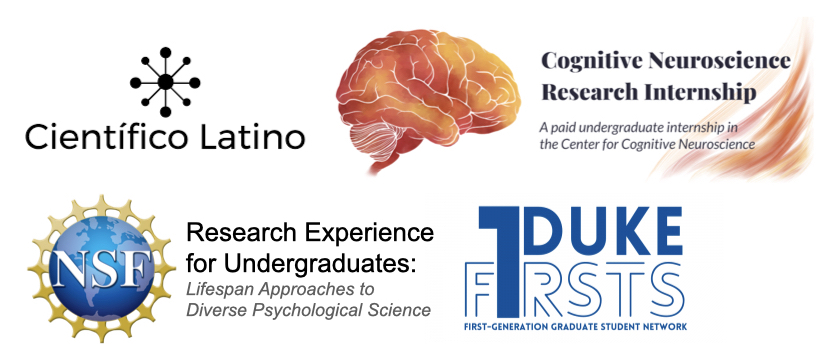Teaching & Mentoring
Teaching Experience
The ability to communicate knowledge from the psychological and brain sciences to people outside academia is invaluable. To help students achieve this practical learning goal, I use several modern pedagogical techniques that integrate independent and collaborative learning with an emphasis on applying learned principles to everyday life.
- Developmental Psychology: Introduction and Survey (PSY103) (Spring 2020)
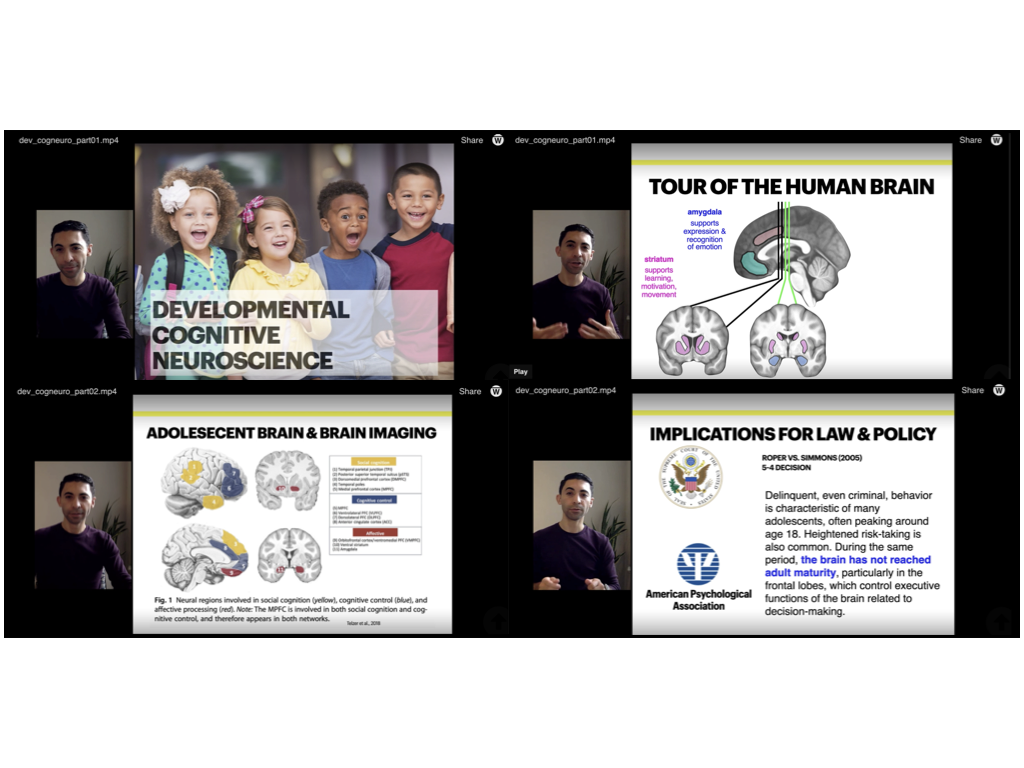
- TA Evaluations
- Overall Instructor: 4.73/5.00
- “The course had a welcoming and inclusive classroom environment”: 4.52/5.00
- “How much did you learn from this course?”: 3.88/5.00
- TA Evaluations
- Contemporary Neuroscience Methods (NEUROSCI 376) (Spring 2020)
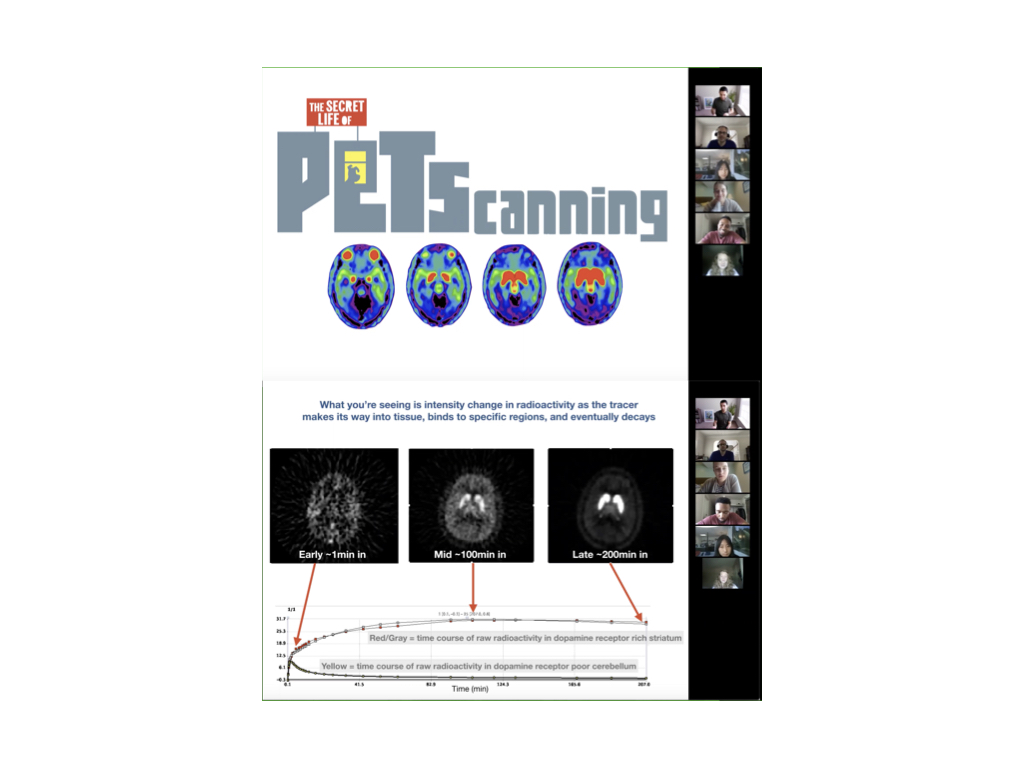
- TA Evaluations
- Overall Instructor: 4.91/5.00
- TA Evaluations
- Introduction to Cognitive Neuroscience (NEUROSCI 212) (Fall 2019)
- TA Evaluations
- Overall Instructor: 4.55/5.00
- “The course had a welcoming and inclusive classroom environment”: 4.49/5.00
- “How much did you learn from this course?”: 3.46/5.00
- TA Evaluations
- Introduction to Statistical Methods in Psychology (PSY201) (Spring 2019)
- TA Evaluations
- Overall Instructor: 4.53/5.00
- “The course had a welcoming and inclusive classroom environment”: 4.73/5.00
- “How much did you learn from this course?”: 4.28/5.00
- TA Evaluations
Mentorship Experience
I am passionate about mentoring students because it is another way that I can pass on my knowledge to others around me. I am a strong believer in progressive practices that help equip students to become independent scientists, while prioritizing personal growth and shared learning between mentor and mentee.
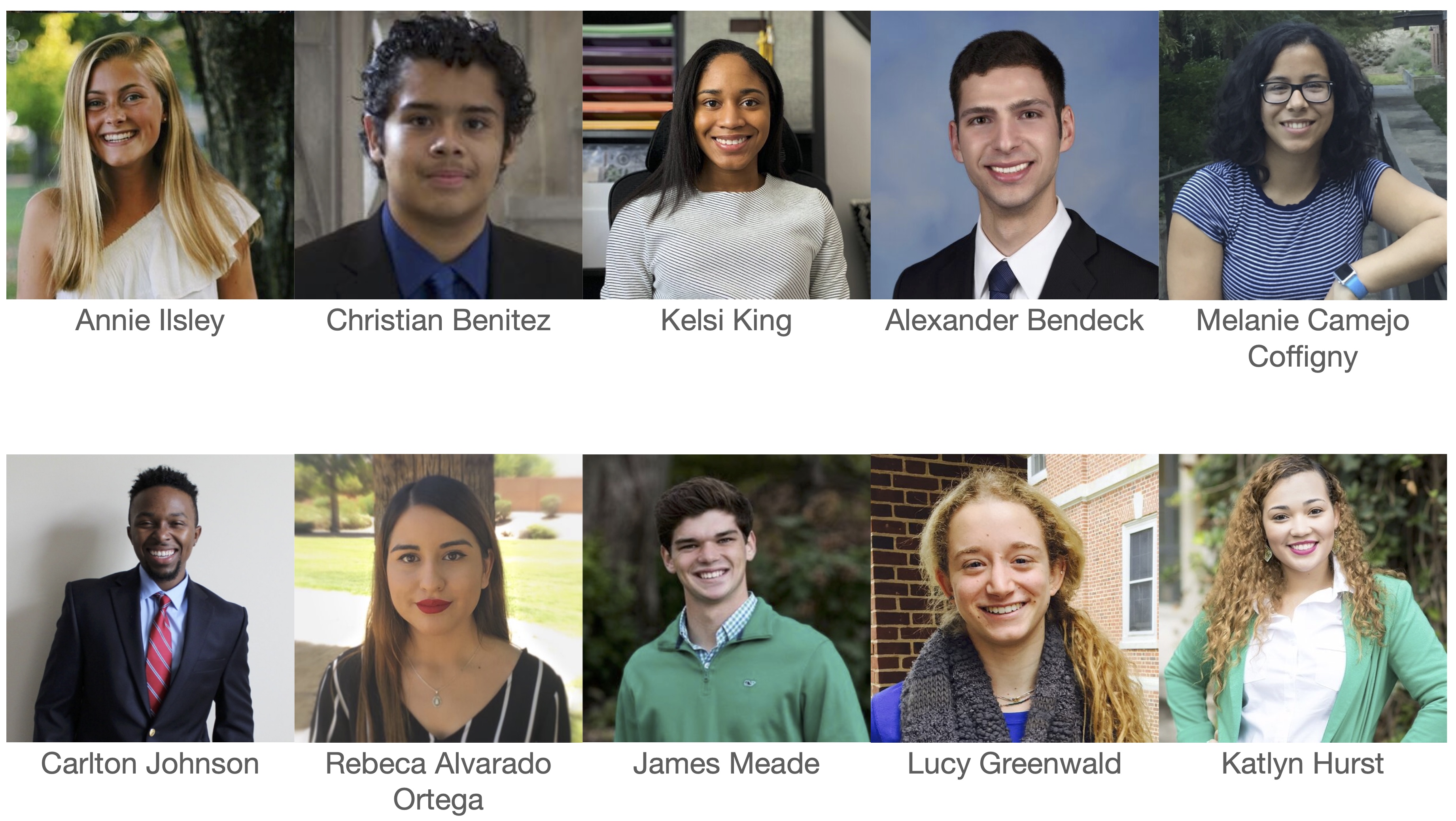
I am committed to making sure that everyone I mentor develops confidence as a researcher and doesn’t just feel like a good helper. I spend significant time meeting with students one-on-one to go over the basics of experimental design and data analysis. By engaging every student in data analysis and pushing them to read the literature and creatively make sense of results, I hope these students grow in their skills that could support a career within or outside scientific research. During my time in grad school, I mentored several undergrads in research. For many of these students, I served as official advisors on capstone/honors committees and supported their applications for competitive internal funding awards to support their involvement on projects. Many of those students presented research they conducted in the lab at national or international conferences. Many of them will become co-authors on papers; two already have. My mentorship has been recognized with a Duke-wide Bass Connections Award for Outstanding Mentorship and the Dean’s Award for Excellence in Mentoring, Duke’s highest mentoring award.
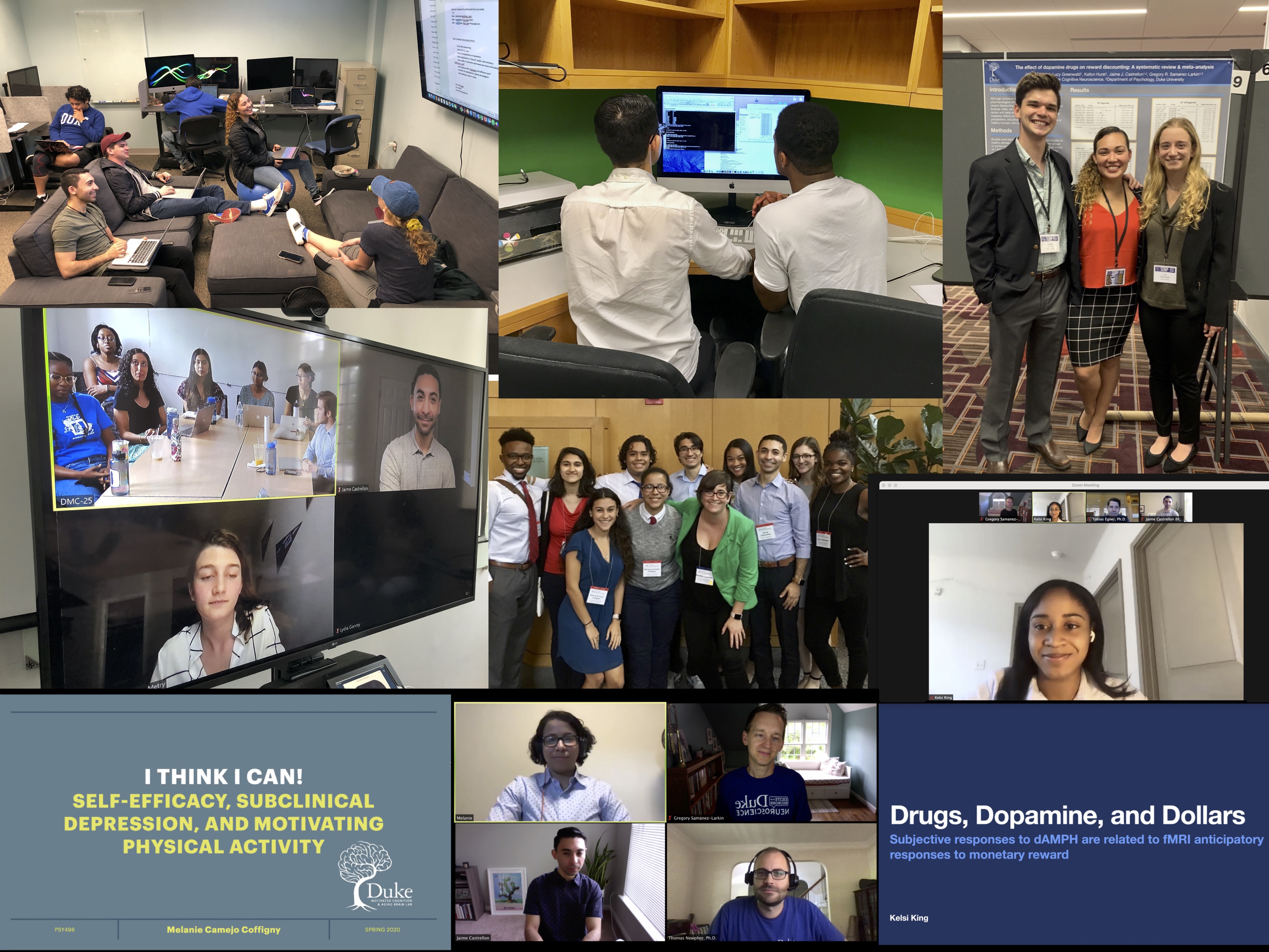
Additional mentorship involvement
At UPenn, I have most recently been involved with the MindCore DivE In Program, through which I have served as a mentor and helped organize a workshop to introduce students to graduate school admissions.
In grad school, in addition to the research mentoring I was involved with in the lab, I was a mentor for Duke’s F1rst program and Científico Latino where I provided academic and career support for undergraduate students from similar backgrounds. I was also involved as a mentor with the Cognitive Neuroscience Research Internship, a Duke graduate student organized training program designed to introduce neuroscience research to students from underrepresented backgrounds in science. As a mentor for Duke’s NSF REU program “Lifespan Approaches to Diverse Psychology”, I personally guided students who had less access to research labs in studies on neural mechanisms of reward and legal decisions. Since this program centers identity-matching, I learned to draw on my personal background as a first-generation Chicanx and Latinx son of immigrants to build formative bonds with mentees of shared identity to encourage them to pursue careers in research.
